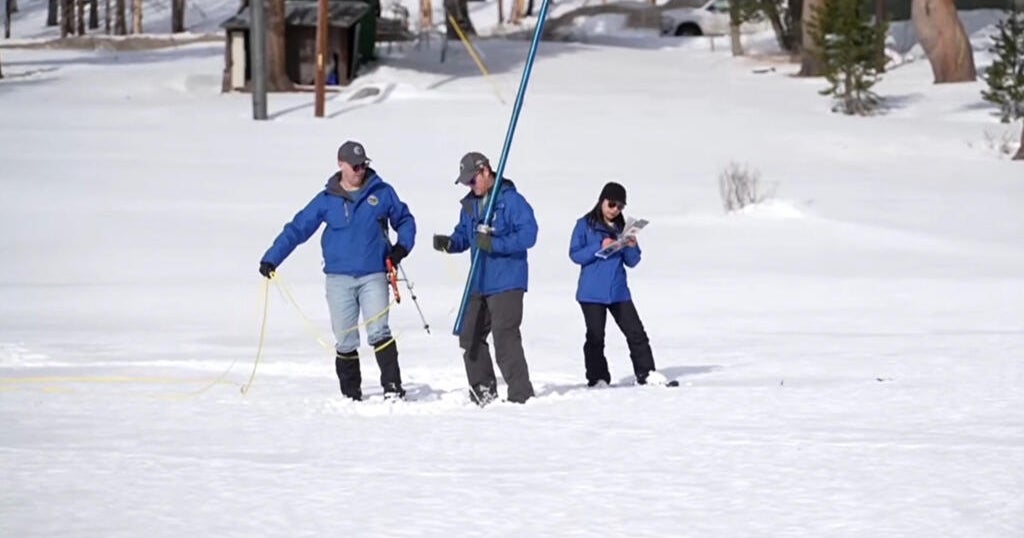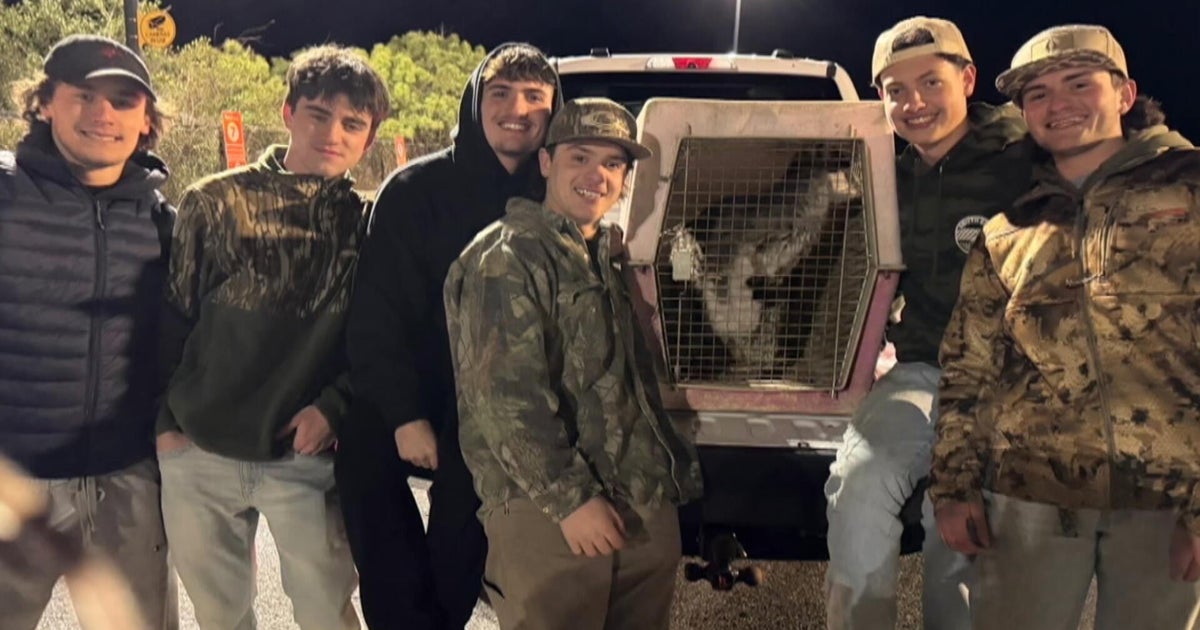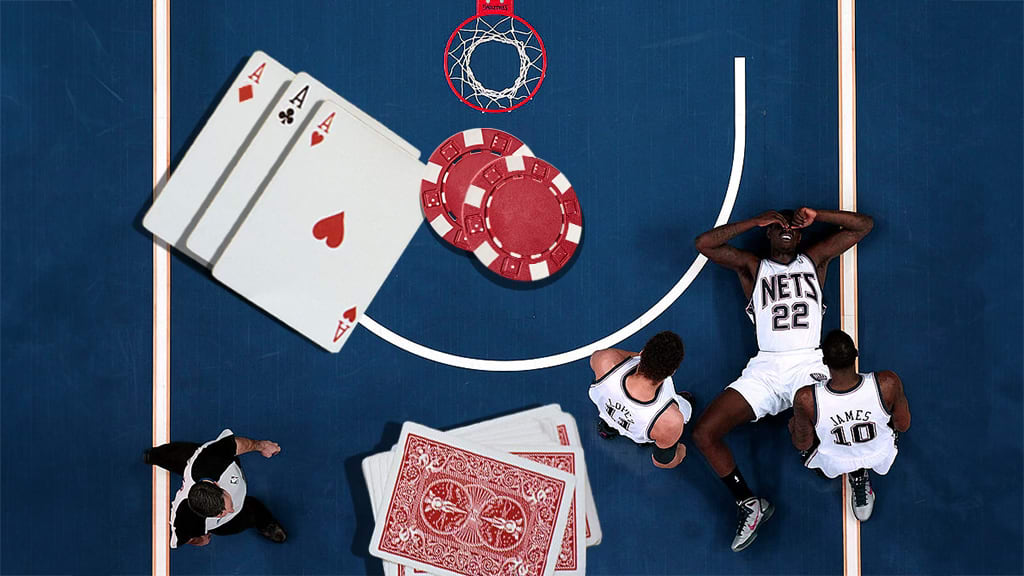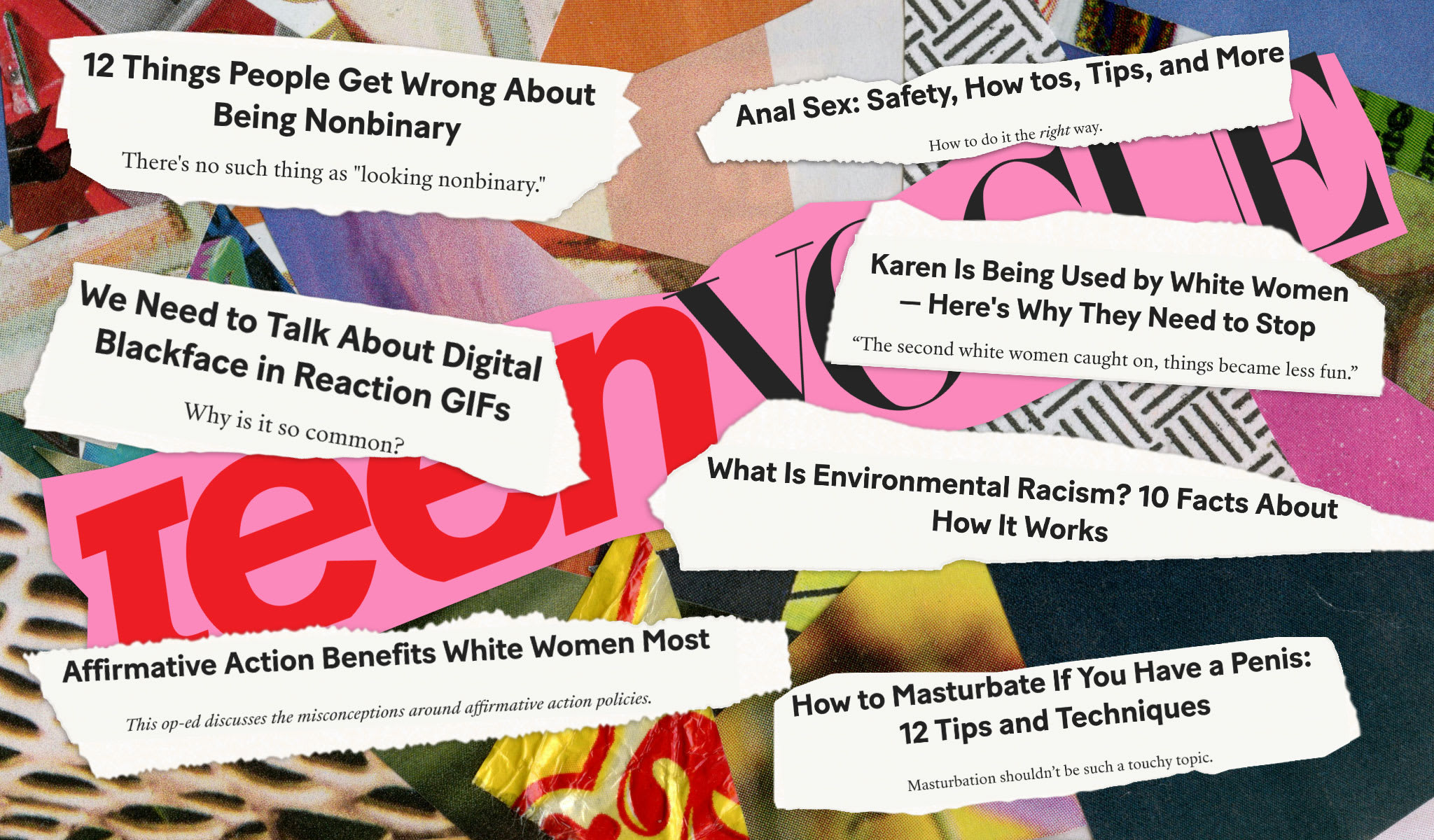NCAA survey suggests widespread teen sports-gambling problem
Teenagers are placing sports bets online even though some of them reside in states where sports gambling is prohibited under the age of 21, or illegal altogether.
That's according to a study from the NCAA. The national survey of 18- to 22-year-olds found that 58% of respondents have placed at least one wager this year. The statistic is troubling, the NCAA said, because in many states — including Arizona, Iowa, Louisiana and Massachusetts — gamblers must be at least 21 to place a bet. Nearly 70% of college students living on campus are bettors. Among sports bettors pursuing a college degree, a little over 40% have placed wagers on their own school's team, the NCAA said.
The NCAA conducted its survey to "better understand what student-athletes are experiencing on their campuses and among their peers" in order to "best help them deal with the potentially disruptive dynamic of legal sports betting," President Charlie Baker said in a statement Wednesday.
- Americans bet $220B on sports in 5 years since legalization
- U.S. sports betting: Here's where all 50 states stand on legalizing sports gambling, betting sites
More states have legalized online sports betting in recent years, making the hobby that was once done in-person through bookies — often illegally with a nod and wink — more widely accessible. Kansas, Maryland, Massachusetts and Ohio legalized sports gambling last year, bringing the nationwide total to 33 states plus Washington, D.C. States where sports betting is legal have reported millions of dollars in added tax revenue.
Big players
BetMGM, Caesars Sportsbook, DraftKings, FanDuel and WynnBet have emerged as the biggest revenue winners of the raging craze. From ads featuring comedian Patton Oswalt raving about same-day parlays to actor Jamie Foxx feuding with NBA legend Kevin Garnett, online sportsbooks have aired some of the most talked-about commercials in recent history. The companies didn't immediately respond to a request for comment Thursday.
Baker and the NCAA said there has been a "national blitz of sports betting advertising" and that "the advertisements have an outsized effect on increasing betting likelihood" on older teens. The NCAA stopped short of saying advertisements caused the illegal gambling among teens. Still, 56% of survey respondents said they recall recently seeing an advertisement encouraging them to bet.
A majority of underage gamblers typically bet between $1 and $50 and lose between $10 and $300 a day, the NCAA survey found. The losses are particularly steep among Black bettors, some of whom reported losing more than $500 in a single day, the NCAA said. The survey also found that some college students have enlisted a fellow student who is a bookie to place wagers on their behalf.
The NCAA said it's planning another survey this fall focused on the gambling habits of student-athletes.
Underage online betting appears to surface just as sports gambling has ascended to new heights. Americans wagered a recorded $31.1 billion on sports — legally online and in-person — during the first quarter of this year, according to the American Gaming Association. That activity generated an all-time high of $2.8 billion in revenue to sportsbooks, the trade association said.
"The NCAA's findings further demonstrate the continued pervasiveness of illegal sports betting, and the problems associated with it," said Casey Clark, the gaming association's senior vice president. "Offshore sportsbooks, faux fantasy/sweepstakes companies and corner bookies continue to prey on vulnerable populations, offering ways to gamble on sports to those who shouldn't. Illegal operators do not care about age or identity verification, consumer protections or encouraging responsible gaming — all hallmarks of the regulated industry."





